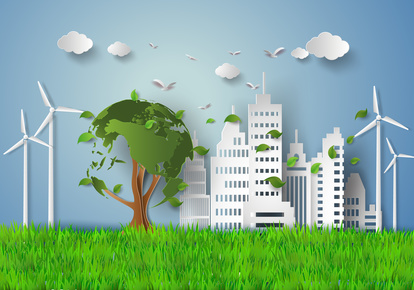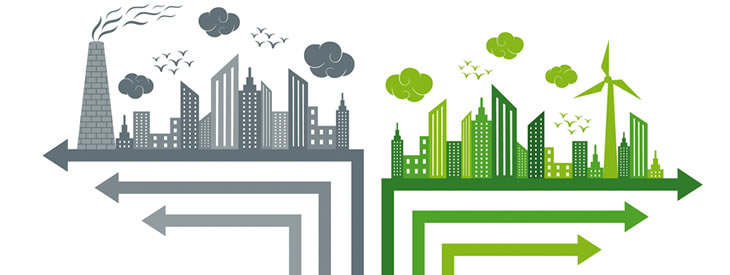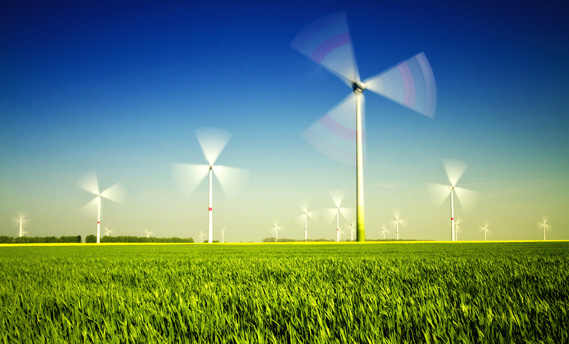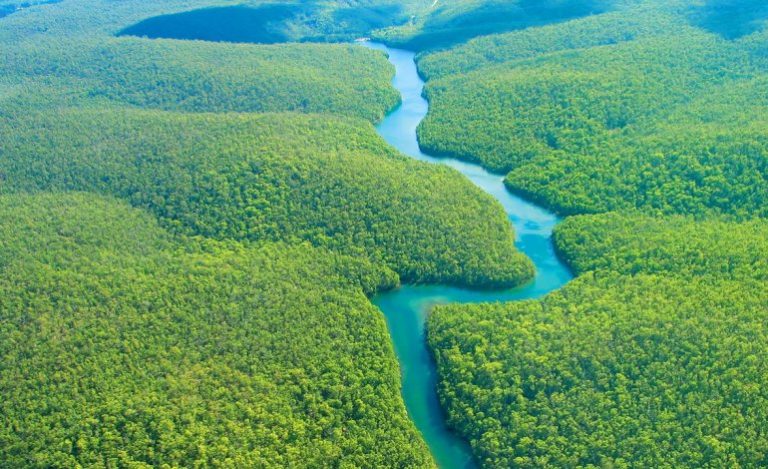What is energetic transition?
The notion of energetic transition is defined as a phase of transformation from an energy system based on the use of fossil fuels, to an energy system based on renewable energies. the energetic transition appeared in 1980 in Germany, this notion is articulated around 3 axes, called “energy trilemma”: Here are the 3 axes representing the major stakes of the energetic transition
- Energy security: ensuring reliable energy supply to meet current and future demand
- Energy equity: making energy accessible to emerging countries at an acceptable economic cost
- Sustainable environment: Improve energy efficiency and develop renewable energies.
Key figures, law, stakes and objectives, we give you the key elements to understand the energy transition.


Observation
Our way of life is since the industrial revolution orchestrated by lobbies pushing for over-consumption. This doctrine translates into overconsumption of fossil fuels in order to keep pace with society’s growing needs. This situation is possible thanks to the ease of access and exploitation of fossil fuels. Fossil fuels account for over 80% of global primary energy production, accounting for about 65% of global greenhouse gas emissions. The impact of the exploitation of fossil fuels is not only observed on global warming but also on the oceans, forests and the poorest populations. Today our energy mix is essentially composed of fossil fuels and nuclear energy. Here are estimates of the evolution and diversification of the energy mix from the 1990s to the years to come.
Energy mix


The challenges of the energic transition
In an economic logic, to pass from a mode of production of stock based on finite geological reserves, to energies of flow based on abundant sources: the sun, the wind, the atomic energy represents a consequent source of investment. Indeed, the exploitation of renewable energies requires investments in order to process these natural resources and transform them into energy. These investments create jobs and stimulate the global economy. The difficulty lies in the accessibility, the exploitation of resources and the high cost of these infrastructures causing excessively high prices. The main challenge would be to democratize the exploitation of natural resources in order to ensure global energy equity. The long-term goal is to ensure reliable energy supply to meet current and future demand at reasonable prices. For the environment, the energy transition would be the cornerstone of the fight against climate change and more generally as a cornerstone of sustainable development at all levels, from local to global. The ultimate goal of this transition will be to reduce the ecological impact of fossil fuel consumption.


Road to follow
In this context of environmental crisis, the energy transition is a global issue, each country have some responsibilities. Countries have become aware of the measures to be taken to respond to the societal, economic and environmental challenges represented by global warming. The example of France is a good start, the energy transition objectives were officially concretized by the promulgation, on August 17, 2015, of LAW 2015-992, also called the “energy transition law”: proposed in 2014 by the French government via the Minister of the Environment Ségolène Royale. This law focuses on strengthening energy independence, safeguarding public health, protecting the environment and combating global warming.


Objectives
It seems essential that each country introduce laws to promote energy transition. The transition from our current system to a more respectful and sustainable society will take decades, even centuries. To the extent that turning to a new way of life can often be synonymous of exclusion, large-scale conversion will take place the day it is inclusive. “The Stone Age did not end for lack of stones. The age of oil will not end with the lack of oil” (Sheikh Yamani, former Saudi oil minister, interview with the Daily Telegraph)
The Direct Imex team thanks you for this reading and remains at your disposal for further explanations.
References:
https://e-rse.net/definitions/transition-energetique-definition-enjeux/#gs.5gVd1rM http://presse.ademe.fr/2016/06/impacts-et-enjeux-economiques-de-la-transition-energetique.html https://www.latribune.fr/opinions/tribunes/20121031trib000728224/la-transition-energetique-un-enjeu-de-reussite-economique-et-sociale-pour-la-france.html https://www.planete-energies.com/fr/medias/decryptages/les-enjeux-de-la-transition-energetique




